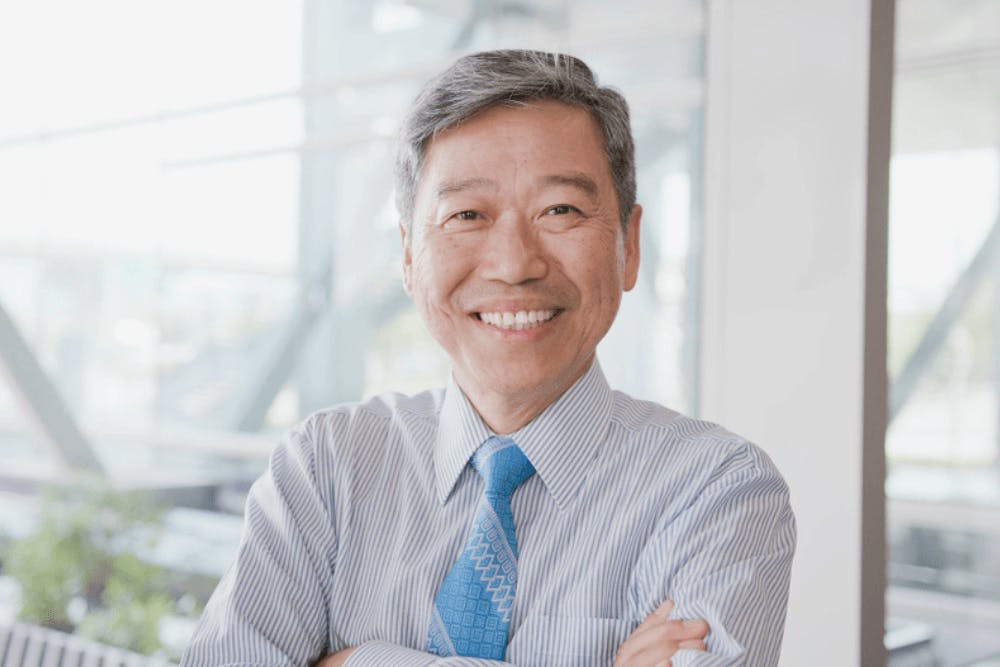The Greying Workforce in Singapore: Challenges & Opportunities for Employers
Posted by Alexandra Lamb
Singapore's workforce is rapidly ageing, presenting both challenges and opportunities for organisations and the broader economy. As a senior HR leader, understanding this demographic shift and implementing strategies to support your mature employees is crucial for maintaining productivity and fostering a multi-generational workplace.
Greying Workforce In Singapore
Recent statistics paint a clear picture of Singapore's ageing workforce:
- According to the Ministry of Manpower, the employment rate for residents aged 65 and over increased from 27.6% in 2019 to 31.7% in 2023.
- The proportion of residents aged 65 and over in the labour force is projected to increase from 6.7% in 2020 to 10.6% by 2030.
- By 2030, one in four Singaporeans will be aged 65 and above, up from one in six today.
Economic Impact
This demographic shift has significant implications for Singapore's economy, including:
- Labour shortages: With fewer young workers entering the workforce, retaining experienced older employees becomes crucial for maintaining productivity.
- Healthcare costs: An ageing population typically leads to increased healthcare expenditure, potentially impacting both public finances and corporate benefits packages.
- Skill gaps: Rapid technological advancements may create a mismatch between the skills of older workers and the demands of the modern workplace.
- Reduced economic growth: Without proper interventions, an ageing workforce could potentially slow overall economic growth.
The Role of Coaching
Coaching emerges as a powerful tool to address these challenges and leverage the experience of mature workers. As our hometown, BOLDLY is uniquely positioned to collaborate with organisations to deploy coaching as a strategic enabler of the mature workforce. Our coaching in projects aligned to aging workforce usually center on:
- Technology Adaptation Coaching can help older employees embrace new technologies, bridging the digital divide. One-on-one sessions can address individual concerns and learning styles, whilst group coaching can foster peer support and shared learning experiences.
- Knowledge Transfer Coaching programmes can be designed to facilitate mentoring relationships, ensuring that valuable institutional knowledge is passed on to younger colleagues. This not only benefits the organisation but also provides a sense of purpose for mature workers.
- Career Transitions As retirement approaches, coaching can support employees in planning their next steps, whether that involves phased retirement, consultancy roles, or pursuing personal interests.
Effective Coaching Approaches
Both 1:1 and Group coaching are effective models of development for organisations looking to impact the engagement of and development of its aging workforce. Here’s the pros of each model, and some typical coaching themes that BOLDLY coaches see across eac:
One-on-One Coaching Personalised coaching allows for tailored support, addressing individual concerns and career aspirations. Topics might include:
- Personal branding in a digital age
- Navigating multigenerational team dynamics
- Work-life balance and health management
- Financial planning for retirement
Group Coaching Group sessions can foster a sense of community and shared experience. Potential themes include:
- Adapting to organisational change
- Leveraging life experience in the modern workplace
- Stress management and resilience building
- Technology workshops focused on industry-specific tools
Coaching as a Strategic Enabler
Implementing a robust coaching programme for your mature workforce aligns perfectly with Singapore's national SkillsFuture initiative. This government-led programme aims to promote lifelong learning and skills development for all Singaporeans, regardless of age.
By investing in coaching, organisations can:
- Enhance the adaptability and relevance of their mature workforce
- Improve employee engagement and retention
- Foster a culture of continuous learning
- Contribute to national efforts in upskilling the population
For a comprehensive overview of how coaching can support SkillsFuture objectives and drive skill development in your organisation, we invite you to download our e-book. Additionally, for more resources on leveraging coaching as a strategic tool in the Singaporean context, please visit HERE.
In conclusion, as Singapore's workforce continues to age, proactive HR leaders have an opportunity to turn this demographic challenge into a competitive advantage. By embracing coaching as a key strategy, organisations can empower their mature employees, bridge generational gaps, and create a more resilient and adaptable workforce ready to face the challenges of tomorrow.
If you're interested in learning more about how BOLDLY can help your organisation, we invite you to explore our or contact us here.







